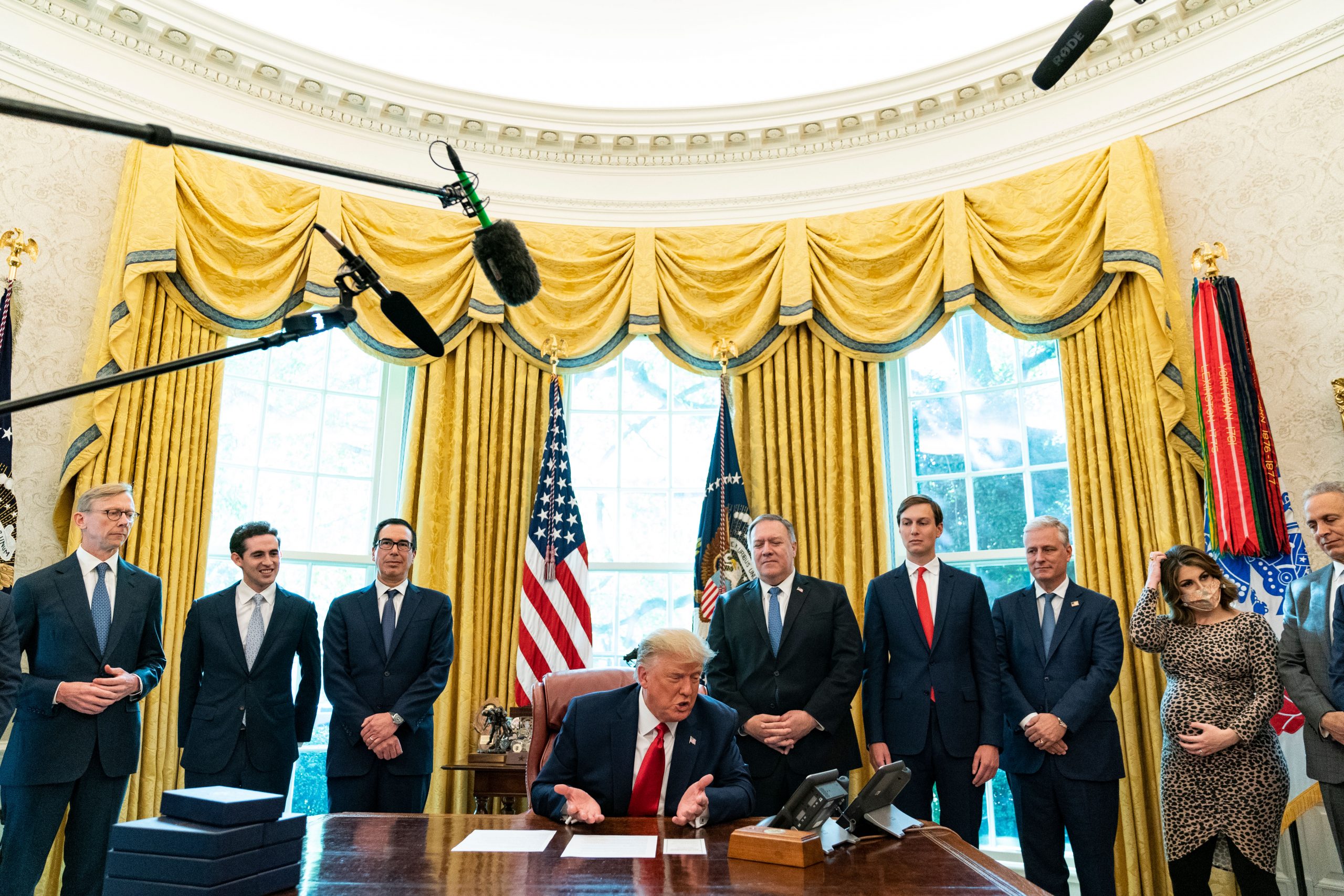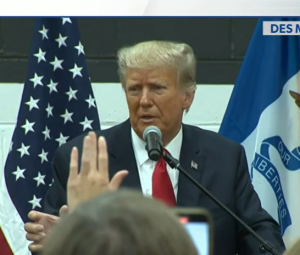US President Donald Trump on Friday announced that Sudan has agreed to be the latest Arab nation to recognise and normalise Israel, becoming the third Middle-eastern nation after the UAE and Bahrain to do so. Sudan is arguably more significant as an Arab nation to normalise ties as it has been at war with Israel.
“Sudan and Israel have agreed to the normalisation of relations — another major step toward building peace in the Middle East with another nation joining the Abraham Accords,” Trump said.
The agreement by Sudan’s year-old civilian-backed government came after the US President formally moved to end the nation’s designation of a state sponsor of terrorism that was a major goal for Khartoum.
The White House said that Sudan’s transitional government, as part of the deal to get off the terror blacklist, had deposited $335 million to compensate survivors and family members of anti-US attacks that took place when former dictator Omar al-Bashir welcomed Al-Qaeda.
“We are expanding their circle of peace so rapidly with your leadership,” Israel Prime Minister Benjamin Netanyahu was heard saying by reporters, who escorted into the Oval Office while he was on a call with Trump and Sudan’s leadership.
“There are many, many more coming,” Trump said.
Sudan and Israel “have agreed to the normalisation of relations,” Jude Deere, a senior Trump aide said.
“Today represents a momentous step forward in the United States-Sudan bilateral relationship and marks a pivotal turning point for Sudan,” a White House statement said. It added that the deal allows “for a new future of collaboration” with Sudan and “support for its ongoing and historic democratic transition.”
Sudan’s civilian prime minister, Abdulla Hamdok, thanked Trump on Twitter and wrote, “We’re working closely with the US administration & Congress to conclude the SSTL removal process in a timely manner.”
Trump had announced his plan to delist Sudan on Monday on Twitter but in the days before he formally took the move, Israel sent a delegation to Khartoum to discuss normalisation.







